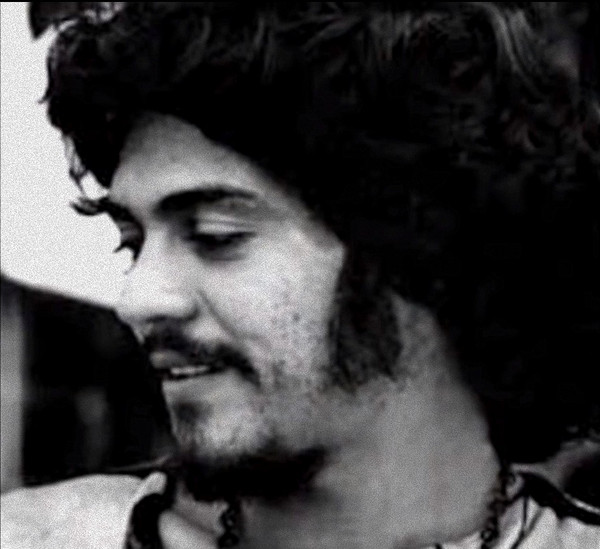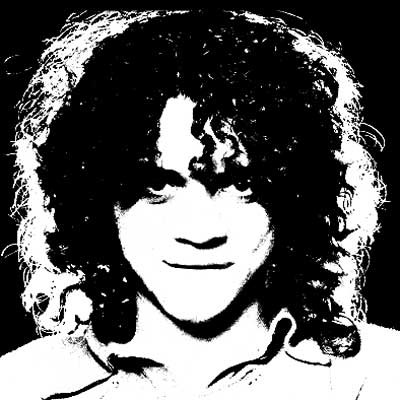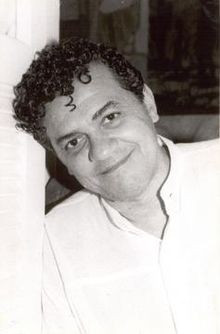Taiguara
Настоящее имя: Taiguara
Об исполнителе:
Brazilian singer and songwriter. Born: 9 October 1945 in Montevideo, Uraguy. Died: 14 February 1996 in São Paulo, Brazil (aged 50). Taiguara (née Taiguara Chalar da Silva) was born in Montevideo, Uruguay as his father toured the country as a musician, but grew up in Rio and later moved to São Paulo. While attending Law School at Mackenzie University, he became increasingly involved with student organized recitals and performances, eventually abandoning the course altogether to pursue a musical career full time. In 1964, he joined the Sambalanço Trio and started receiving media attention, which yielded his first offer from a record label. In 1965, Taiguara recorded his first of several albums, and in the following years won many awards. Due to a series of disagreements with the military dictators in power, his career in Brazil was interrupted in the mid-1970s and he was forced to move abroad, settling in London, where he studied at Guildhall School of Music and Drama and recorded the album "Let The Children Hear The Music", the first foreign recording by a Brazilian musician censored in Brazil (the same record was never released in England either, having been deemed "misplaced" by the studios). He also lived in a few African countries while in exile, mainly Tanzania, where he studied journalism for a year. Always troubled by the harsh reality of the less fortunate, he increasingly leaned towards leftist views, later becoming involved with militant activities which rallied for a fairer future and social and economical equality for all. Although he was never officially affiliated with any political parties, communist leader Luis Carlos Prestes became a great friend and mentor in his later years. Taiguara composed the song "O Calaveiro Da Esperança" ("The Cavalier Of Hope) in his honor. Thirteen years after performing in Brazil for the last time, Taiguara returned with the concert "Thirteen Octobers" and released two more albums: "Cançoes De Amor E Liberdade" ("Songs Of Love And Freedom") (1984) and "Brazil Afri" ("Afro Brasil") (1994) in the following years. On 14 February 1996, he died from bladder cancer. His last project, an album of songs that celebrated and examined the joys and hardships of the poor living on the slums of Rio de Janeiro, was never completed. Taiguara was one of the most censored Brazilian artists to date, and not unlike many MPB artists, Taiguara composed his own music. He had close to 100 songs vetoed throughout his career. Some of his biggest hits were "Universo No Teu Corpo" —which contained a veiled celebration of atheism— "Teu Sonho Não Acabou", "Viagem", "Berço De Marcela", "Que As Crianças Cantem Livres", "Hoje", "Amanda", "Carne E Osso", "Geração 70", and "Mudou".
Альтернативные названия:
Вариации названий:
Taiguara
Singles & EPs Vinyl 1965 Brazil
7", 33 ⅓ RPM, Mono
Toni Tornado
Singles & EPs Vinyl 1970 Brazil
7", 33 ⅓ RPM, Promo


